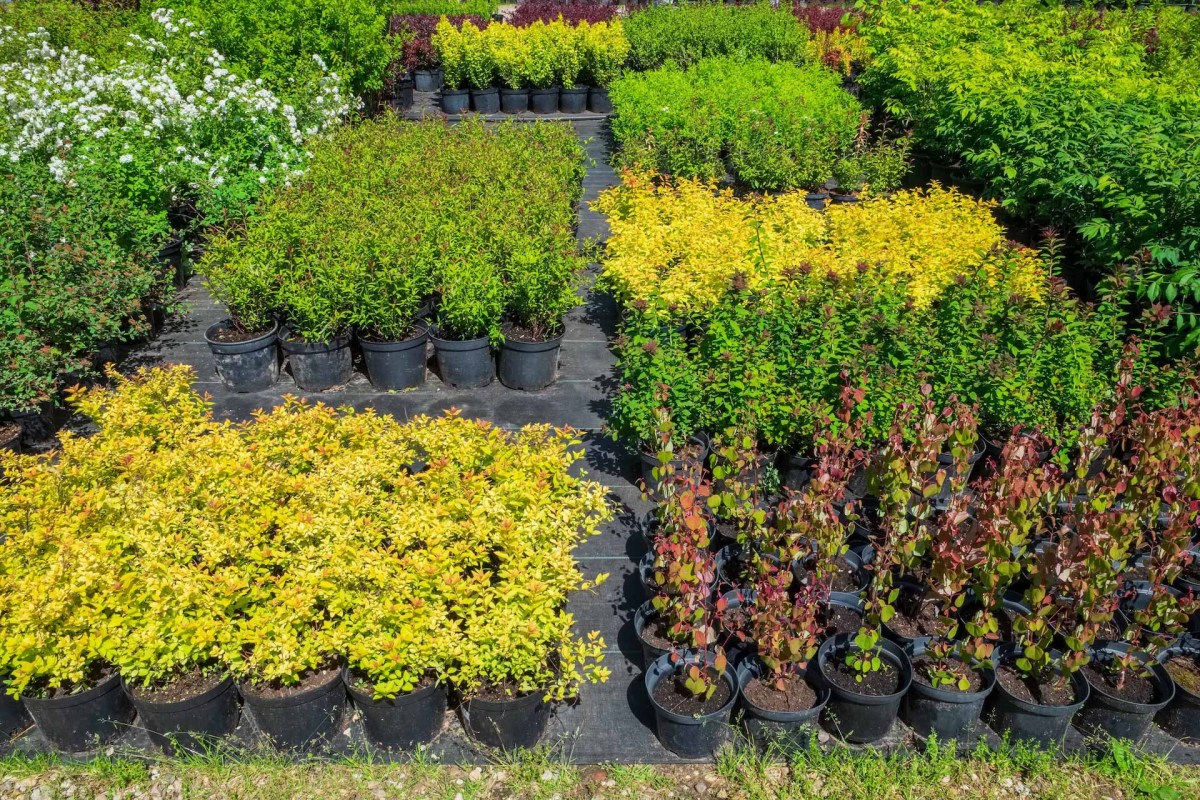Virginia Gov. Glenn Youngkin is facing backlash after quickly vetoing a bill that would have allowed a ban on sales of a troublesome invasive plant.
What's happening?
Northern Virginia Magazine reported March 15 that Youngkin vetoed 19 bills in one day, including a proposal that would have given local jurisdictions the power to prevent sales of English ivy.
"This is the first round of vetoes, and that means he only had less than a week to read all of these bills, and for him to decide that this is one of the ones that deserved an early veto — this is super disappointing," said Del. Paul Krizek, a Democrat who represents the 16th District.
The bill included a civil penalty of up to $50 for a first violation of the sales ban and a cap of $200 over a 12-month period for subsequent violations.
Why is this veto concerning?
Whereas native plants support local wildlife and organisms, invasive species — such as English ivy, Callery pear trees, and kudzu — can wreak havoc on the health of ecosystems. Master Gardeners of Northern Virginia described the growth of English ivy as "vigorous" and noted that it can suffocate other plants on the ground.
The ivy is also able to climb, creating a safety hazard by weakening or killing trees that it prevents from getting enough sunlight. The invasive plant can also work its way into small cracks in buildings, leading to dangerous structural damage.
"The fact that it's still sold in some stores, garden centers and such, is really amazing. It's hard to believe," Krizek told Northern Virginia Magazine. "... It's such an invasive. It's deadly to trees. It hides all kinds of animals like rodents, like rats. There's nothing really beneficial about it."
What can be done about invasive species?
Learning about invasive species can help you avoid a costly and ecologically damaging mistake while purchasing plants for your yard.
Rewilded or natural lawns come with plenty of benefits, too, including lower water bills and less maintenance. While native plants vary depending on the region, the National Wildlife Federation has a tool to help people find beneficial species for their locations.
Meanwhile, Krizek told Northern Virginia Magazine that he intends to reintroduce the proposal at a legislative session and may broaden its scope to a statewide ban.
"I think a lot of times even greenhouses or the places [that] are selling this don't realize just how bad it is," he said. "There are better options."
Join our free newsletter for cool news and cool tips that make it easy to help yourself while helping the planet.









